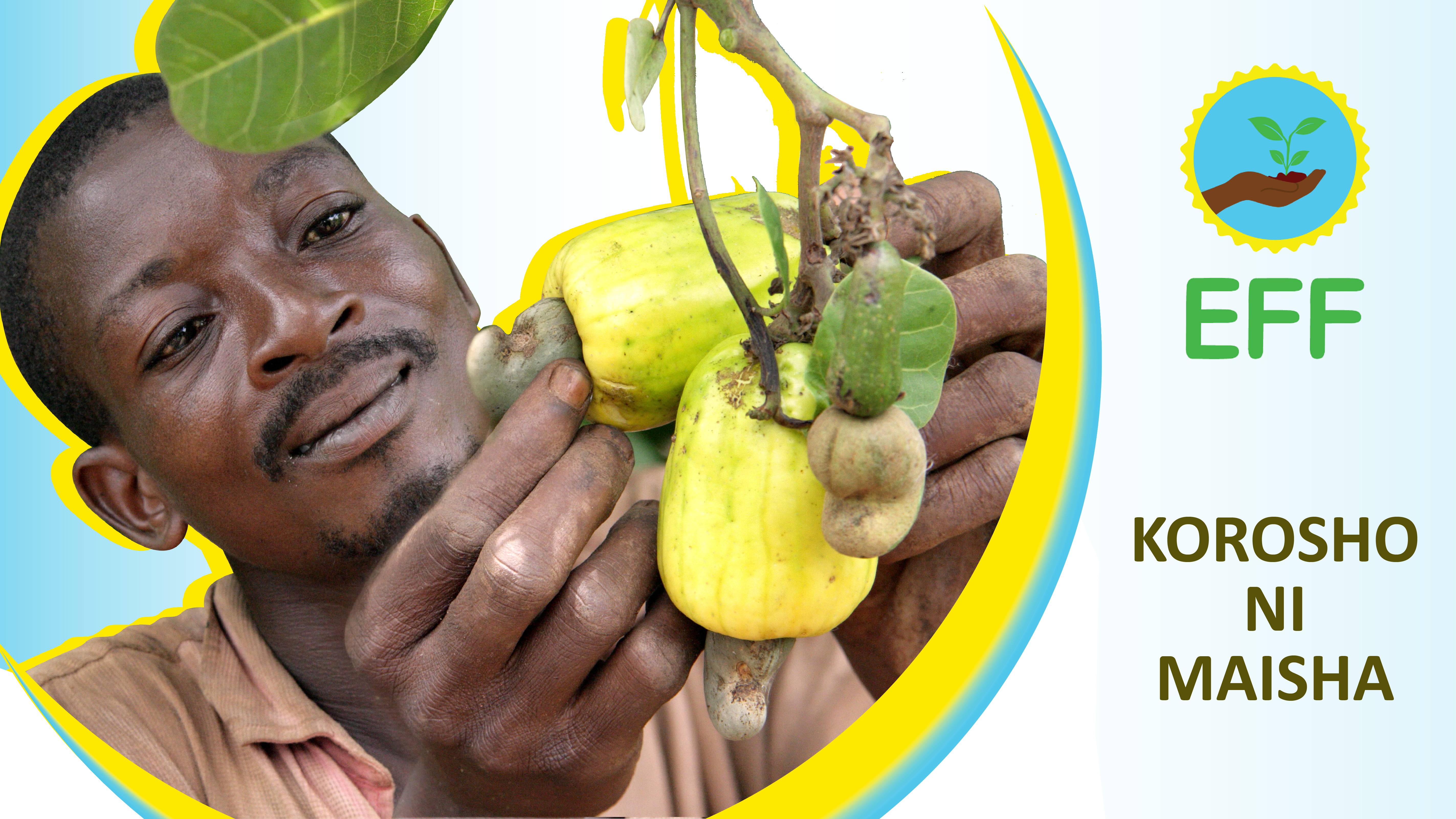Kapunga: A dream come true
Somewhere in Eastern Tanzania rests a place that is close to my heart. Its name is Kapunga, and it is a rice farm that lies in the Usangu planes of the Rufiji river basin, under the most tranquil blue skies. Over a decade ago, I decided to invest in Kapunga as a special project. A personal experiment. By some it was not seen as a profitable venture, but I took it upon myself to turn the farm around. Today, the farm’s status has reached far and wide, and we have had a steady stream of visitors from banks, NGOs, and most recently, the King of Zambia Mr. Imwiko Lubosi and his entourage.
When we first started working with farmers there, the farm was in shambles and distrust prevailed. Slowly, we built bridges of mutual understanding. We formed partnerships with a carefully selected set of outgrower farmers, reconstructed the irrigation dams and established rice mills. Through a cost-share model, we provided the farmers with six-hectare plots, access to irrigation, high-yielding seeds, fertilisers and transportation services. In addition, our specialized team on the ground continuously supported them with skills and knowledge in modern farming techniques. In 2018, 163 outgrowers were part of the programme, some owning more than one plot. Yields increased from less than 1 metric tonne (MT) to an average of 6.8 MT per hectare between 2014-2018. In 2019, over 24,000 MT of rice paddy was harvested, which equates to 16,000 MT of milled rice.
Over the last 12 years, Kapunga Rice Project Ltd. (KRPL) has overcome challenges to experience unprecedented success in vastly improved yields and resulting farmer agency. This success has had ripple effects in Kapunga, evident through the dramatic transformation of nearby villages, from scattered, remote settlements, to bustling centres of commerce and trade, attracting migrants from nearby towns, ripe with promise and potential. Farmers are not only able to repay their loans, but invest their excess profits in lodges, guesthouses, mills and the education of their families.
KRPL is an example of how these kinds of projects can change lives. But it has taken us 12 years to get here. In Africa, one needs patience to see success – real change won’t happen overnight. It has its own rhythms, and we need to take a step back instead of trying to run forward. Direct ownership of the project is mandatory, rather than delegating to several levels of middle management. We need the larger community of donors, the private sector and the government to pay attention, incentivize the agricultural sector, and create the right kinds of conditions for smallholder farmers to thrive. Because as farmers grow, we grow.
KRPL is one story, and its bounty is rice. This model can be replicated across the continent with other produce – pulses, medicinal herbs, fruits, vegetables, grains. I call on governments and our leaders to start thinking about agriculture differently, with a sense of urgency. Systemic support is required. Privileges need to be granted to smallholder farmers such that their lives can be improved – and let the private companies prosper afterwards. Support them with financial linkages through banks and microcredit entities in rural areas. Provide long-term financing solutions. Increase import duties. Allow for the creation of a vibrant value chain with processing outlets and factories. Donors – here is where you can help, too. Your benevolence is welcome, but in the right places, with the right intentions.
With a carefully designed, multi-factored, comprehensive strategy, we can together bring about unprecedented change. Agriculture is the panacea to Africa’s biggest constraints – youth unemployment, rural-urban migration, the missing middle economy and extreme poverty. It all starts with agriculture. Let us shine our headlights on this sector, because within it rests the potential of total transformation.
Continue Reading
Success: Reviving 50,000 cashew trees in Kilifi, Kenya
EFF’s “Korosho Ni Maisha (Cashew is Life)” project has seen great success in Kilifi County of Kenya with the revival of 50,000 cashew trees.
Breathing new life into Kenyan cashew
EFF’s Korosho Ni Maisha is a holistic, sustainable programme to revive the Kenyan cashew sector. Read about the success of the programme so far and plans for the years ahead!
SSA staves off food insecurity threat amid lingering issues
Looking at how Sub-Saharan Africa dealt with the first year of the pandemic, we find that there are a lot of positives to discuss about the region’s food security. Some doubts, however, linger on.




0 Comments